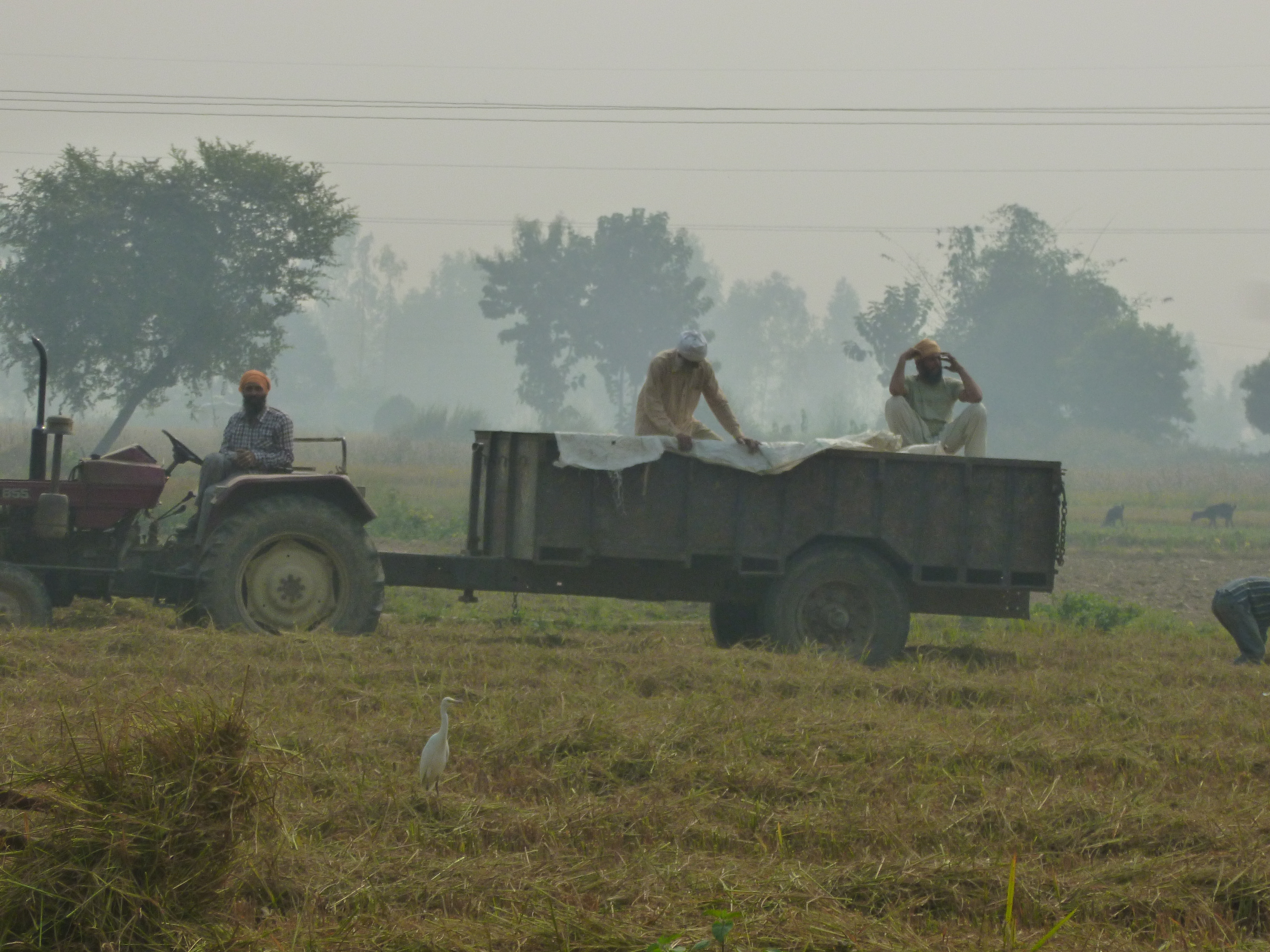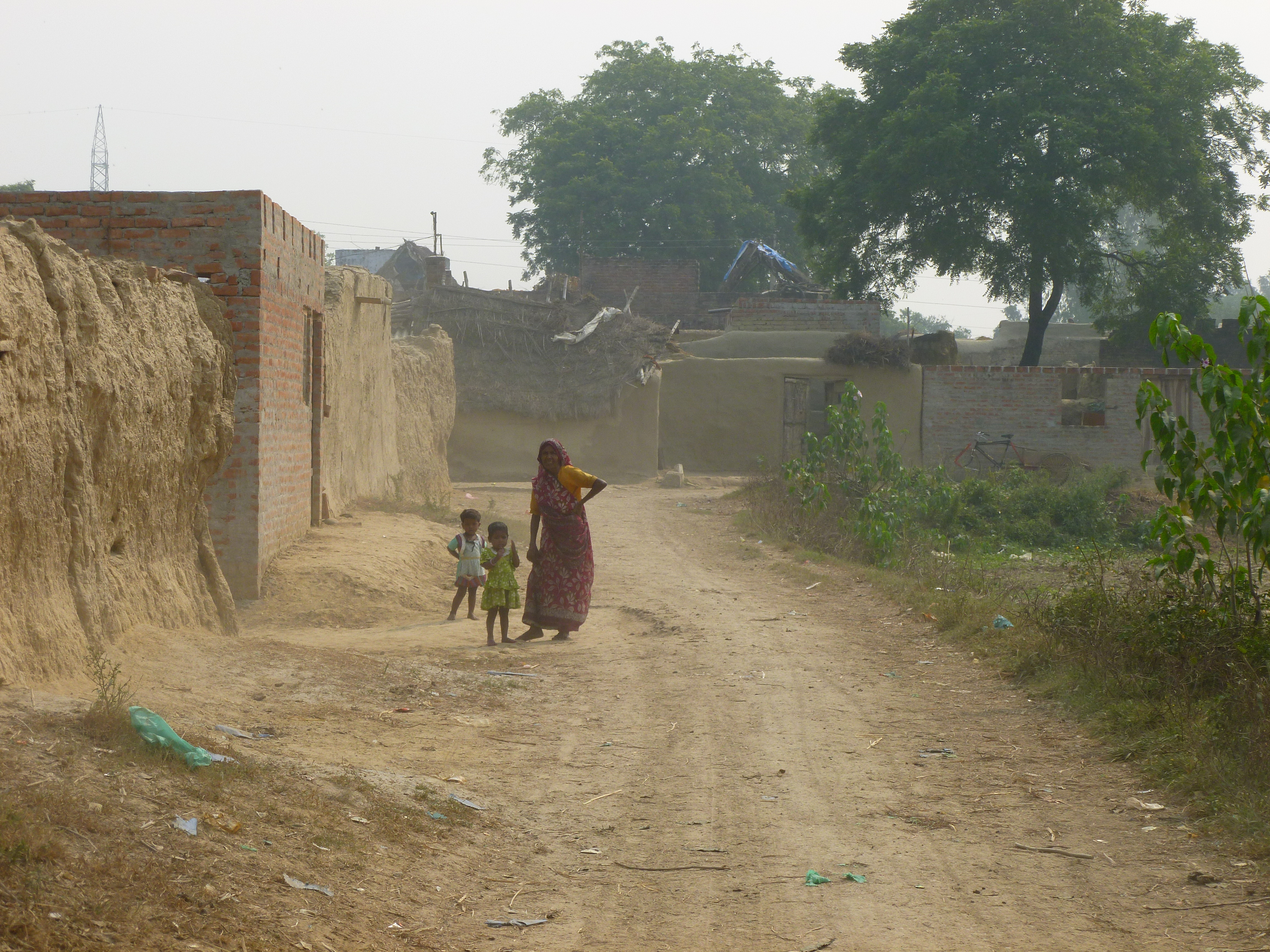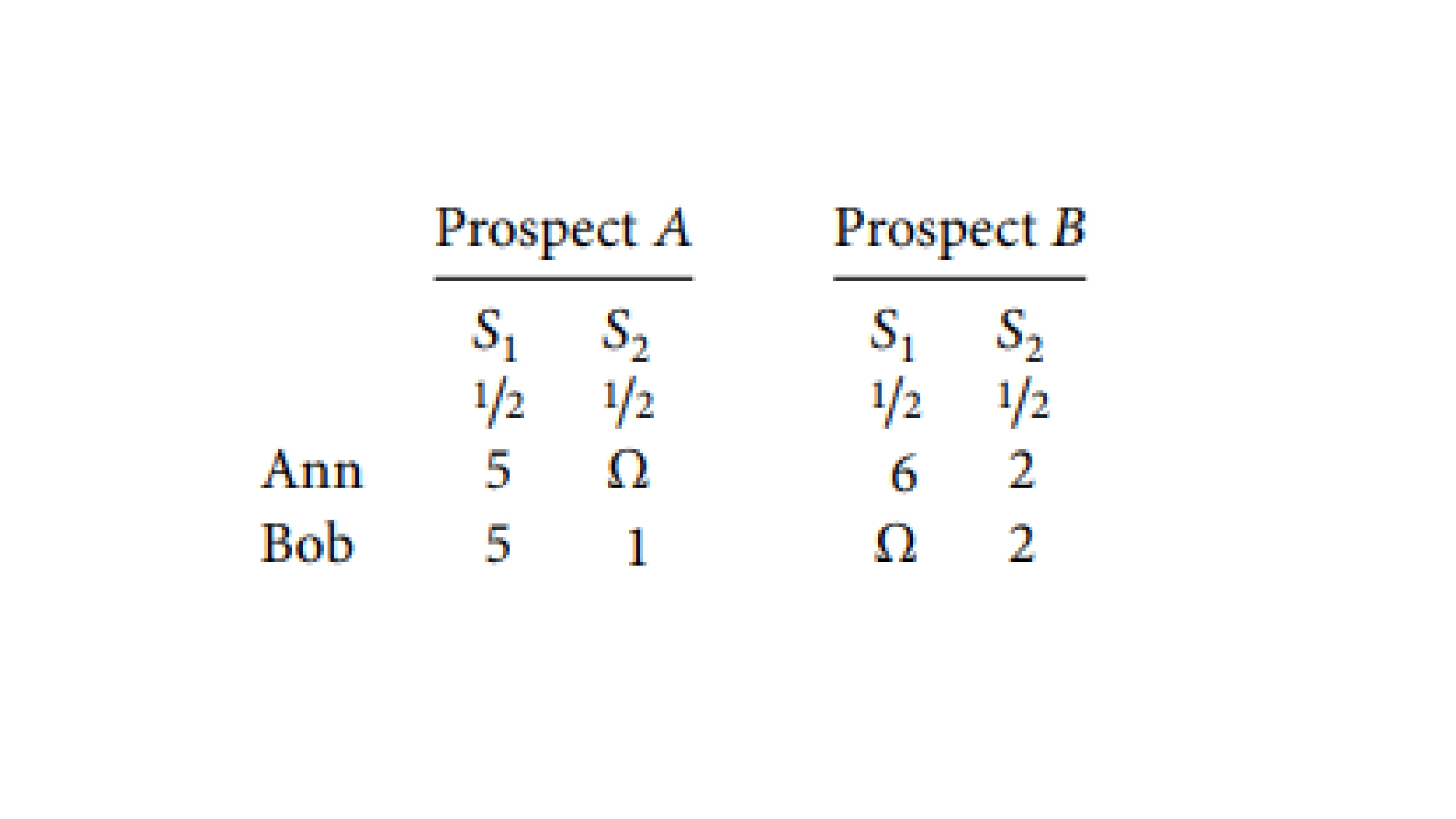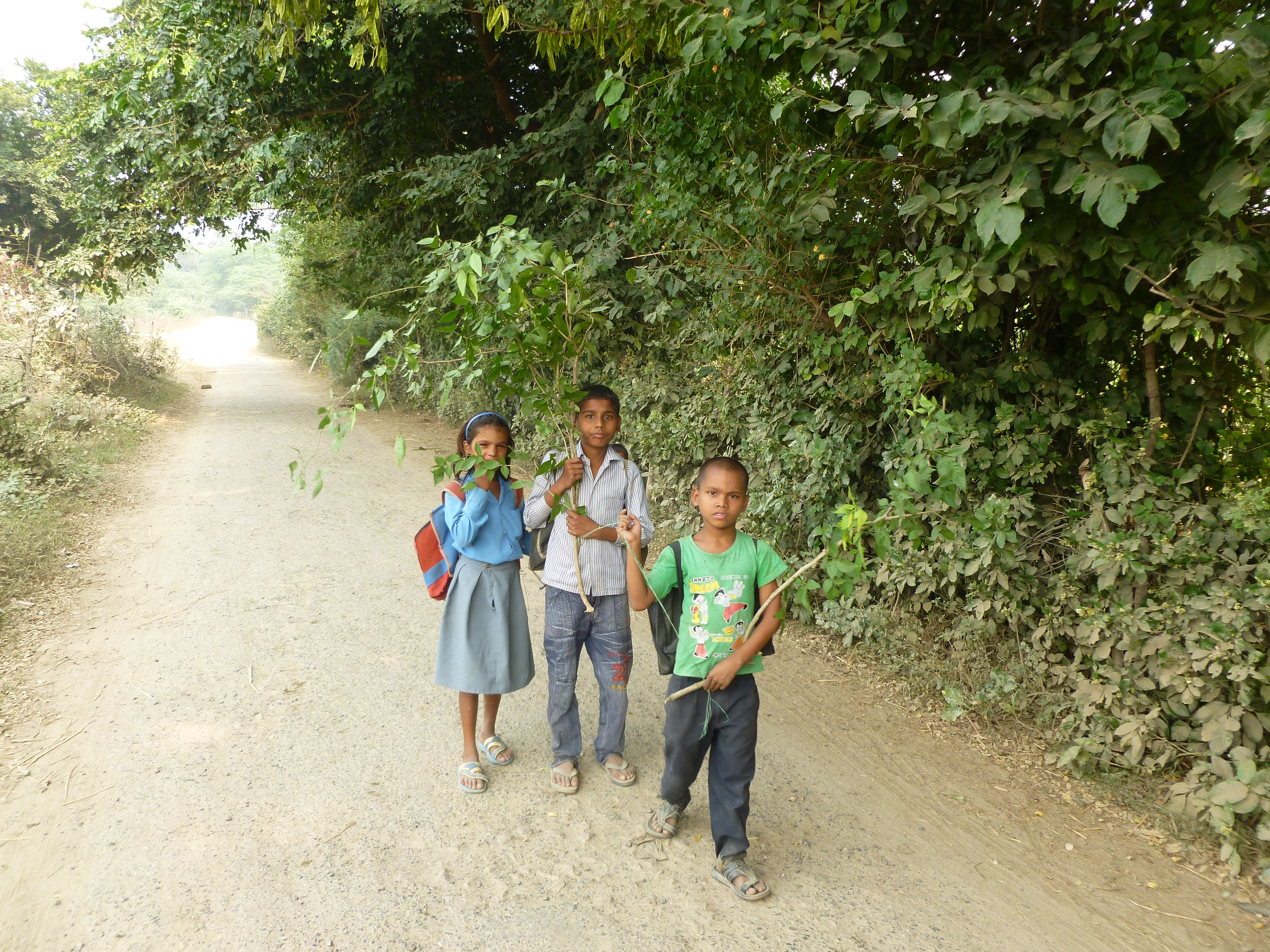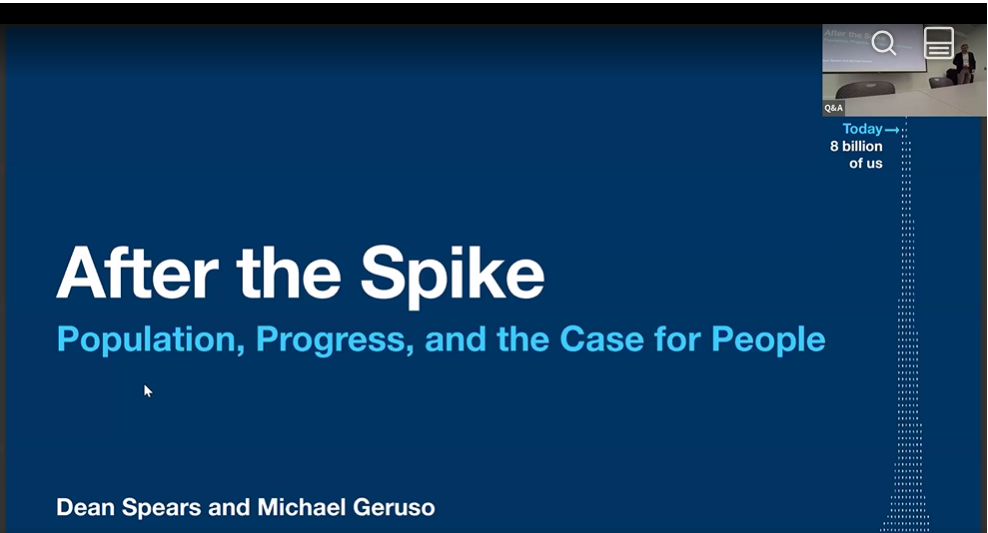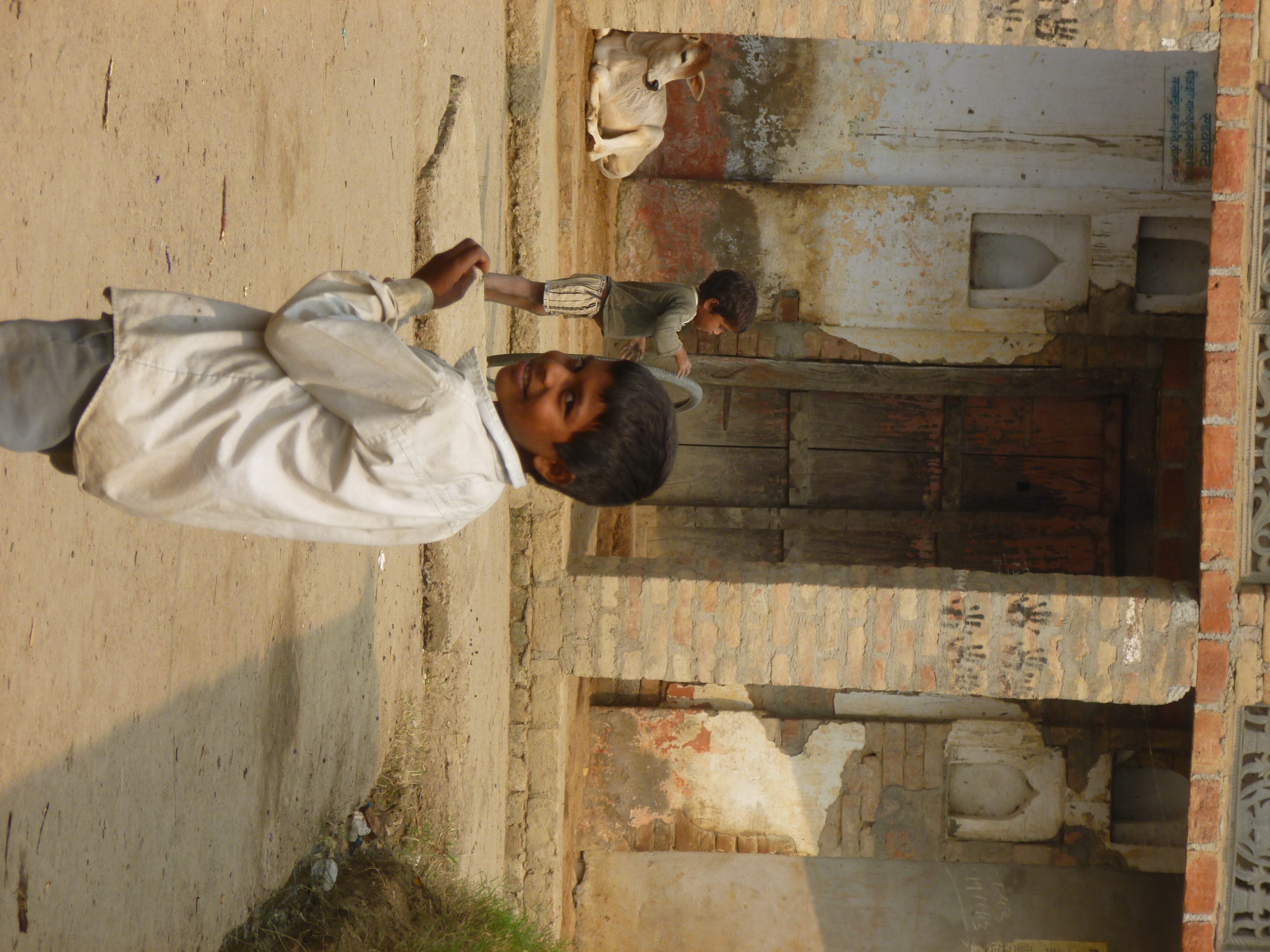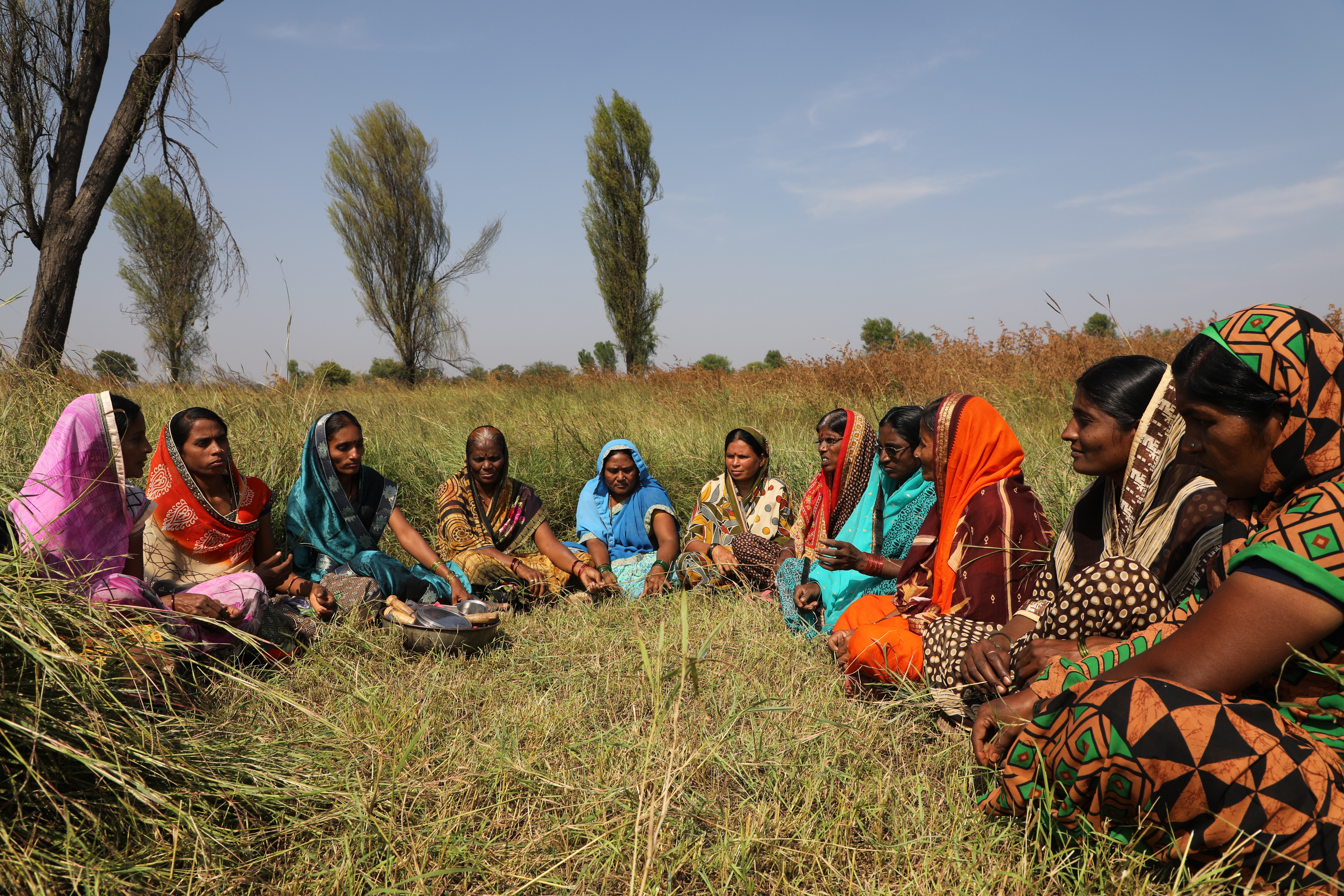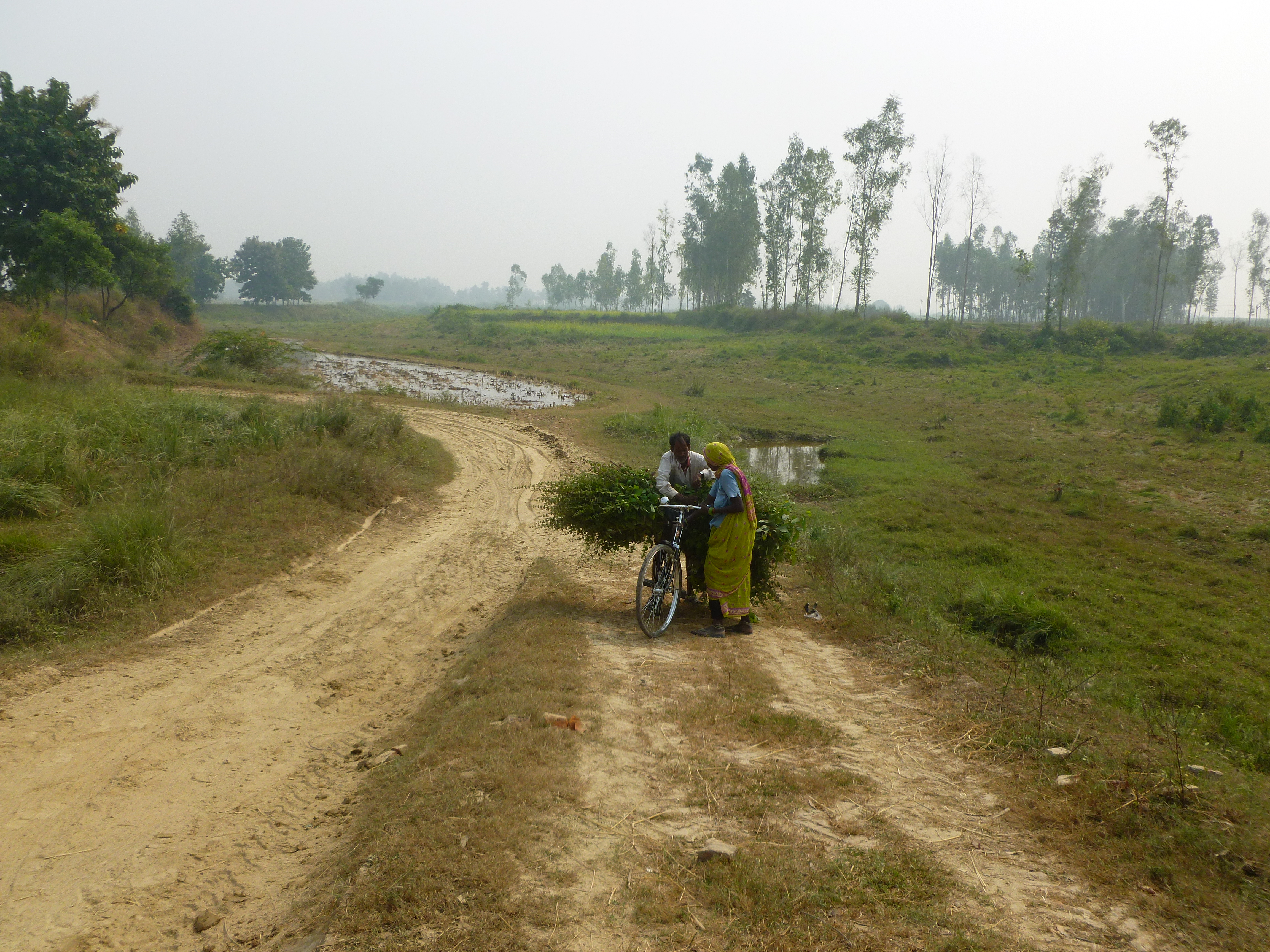An eye-opening exploration of humanity’s unprecedented path to global depopulation and its significance from economists Dean Spears and Michael Geruso.
Hi, I'm Dean Spears.
Bio
I'm an Economic Demographer, Development Economist, and Assistant Professor of Economics at the University of Texas at Austin. I'm also an affiliate of IZA, an affiliate of the Population Research Center at UT-Austin, founding execute director of r.i.c.e., and director of the Population Wellbeing Intiative. My research areas include: 1) the health, growth, and survival of children, especially in India, 2) the environment, air pollution, and climate change, and 3) population dimensions of social well-being. With Diane Coffey, I am the author of the award-winning book Where India Goes: Abandoned Toilets, Stunted Development, and the Costs of Caste.
Latest Books
Air: Pollution, Climate Change and India's Choice Between Policy and Pretence
India's air pollution is a deadly threat. Will its politics meet the challenge?
Where India Goes: Abandoned Toilets, Stunted Development, and the Costs of Caste
More than half the people who defecate in the open live in India.
Latest Research Papers
Excess neonatal mortality among private facility births in rural India: A demographic analysis of a nationally representative survey
India is home to almost one-fourth of neonatal deaths. Two-thirds of India’s neonatal deaths occur in Empowered Action Group (EAG) states. Despite policy focus on maternal and newborn health, the neonatal mortality rate (NMR) among rural births in EAG states was 39 per 1000 in 2015.
Redistribution, rent-seeking, and the welfare impact of a universal basic income in India
In both developed and developing countries, there is significant interest in the idea of a universal basic income, where the government gives a monetary transfer to all citizens rather than targetting lower-income individuals.
Fiscal externalities and underinvestment in early-life human capital: Optimal policy instruments for a developing country
We study policy instruments to correct inefficiently low investment in maternal nutrition in India, where one-fifth of all births occur.
Ex-post average utilitarianism can be worse for all affected
According to Ex-Post Average Utilitarianism, prospect 𝑋 is at least as good as prospect 𝑌 if and only if the expected average well-being is at least as great in 𝑋 as in 𝑌. We show that Ex-Post Average Utilitarianism can oppose the interests of all affected people.
Latest News & Commentary
Why Americans Aren’t Having Babies
Americans aren’t just waiting longer to have kids and having fewer once they start—they’re less likely to have any at all.
The World’s Population May Peak in Your Lifetime. What Happens Next?
The global human population has been climbing for the past two centuries. But what is normal for all of us alive today — growing up while the world is growing rapidly — may be a blip in human history.
Should we care about people who need never exist?
How do you value a life not yet lived?
The Repugnant Conclusion is a puzzle that has occupied philosophers and economists for decades. 29 scholars just published a new agreement.
It may be time to move on from the Repugnant Conclusion.
Latest Videos & Podcasts
After the Spike Penn State DeJong Lecture
Population, Progress, and the Case for People
Dean Spears on why babies are born small in Uttar Pradesh, and how to save their lives
In this episode of the 80,000 hours podcast, host Luisa Rodriguez speaks to Dean Spears — associate professor of economics at the University of Texas at Austin and founding director of r.i.c.e. — about his experience implementing a surprisingly low-tech but highly cost-effective kangaroo mother care programme in Uttar Pradesh, India to save the lives of vulnerable newborn infants.
Interview on Where India Goes: Abandoned Toilets, Stunted Development, and the Costs of Caste
We provide the first evidence that individual-level questions find more open defecation than household-level questions.
What is India's Calorie Paradox?
Josephine Duh & Dean Spears of the r.i.c.e institute present their research on the relationship between increasing average wealth and decreasing average calorie consumption in India.





